Title: A Guide to Purchasing and Pricing Flexible Ceramic Tile Types Introduction: Ceramic tiles have long been a popular choice for flooring, thanks to their durability, versatility, and aesthetic appeal. Over the years, advancements in technology have led to the development of flexible ceramic tiles, offering even greater benefits for both residential and commercial spaces. In this article, we will explore the factors to consider when purchasing flexible ceramic tiles and how they can impact the overall cost. 1. Assessing your requirements: Before making a purchase, it is important to evaluate your specific needs. Consider factors such as the area of installation, foot traffic, and the desired style. The flexibility of ceramic tiles makes them ideal for curved or irregular surfaces, so knowing the requirements of your project will make the selection process easier.
ceramic tile
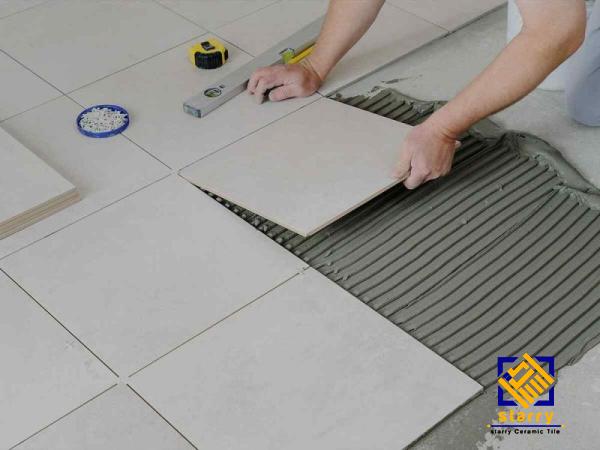 2. Material Varieties: Flexible ceramic tiles are available in various materials, each with its unique features and characteristics. The common materials include porcelain, ceramic, and glass. Porcelain is known for its durability, low water absorption, and resistance to scratches and stains, making it suitable for high-traffic areas. Ceramic tiles are easier to install and offer a wider range of design options. Glass tiles, on the other hand, lend a glossy and modern look to any space and are loved for their light-reflecting properties. 3. Consider the size and thickness: Flexible ceramic tiles come in a variety of sizes and thicknesses. The size of the tile will depend on the area of installation and your preference for the overall aesthetic. Larger tiles are often preferred in larger spaces to minimize grout lines and create a seamless look.
2. Material Varieties: Flexible ceramic tiles are available in various materials, each with its unique features and characteristics. The common materials include porcelain, ceramic, and glass. Porcelain is known for its durability, low water absorption, and resistance to scratches and stains, making it suitable for high-traffic areas. Ceramic tiles are easier to install and offer a wider range of design options. Glass tiles, on the other hand, lend a glossy and modern look to any space and are loved for their light-reflecting properties. 3. Consider the size and thickness: Flexible ceramic tiles come in a variety of sizes and thicknesses. The size of the tile will depend on the area of installation and your preference for the overall aesthetic. Larger tiles are often preferred in larger spaces to minimize grout lines and create a seamless look.
Specifications of ceramic tile
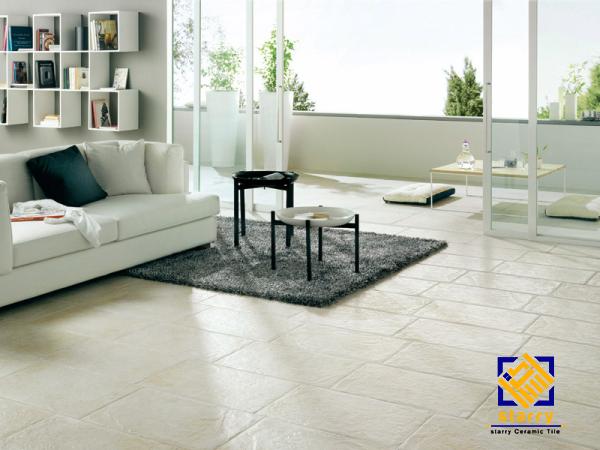 As for thickness, consider the level of foot traffic and the weight that your flooring needs to withstand. Thicker tiles provide enhanced durability and are ideal for commercial spaces with heavy foot traffic. 4. Pricing: Flexible ceramic tiles offer a cost-effective solution compared to other flooring options. The price of flexible ceramic tiles can vary depending on factors such as material, size, thickness, design, and brand. Porcelain tiles are generally more expensive than ceramic tiles due to their increased durability. Additionally, customized or patterned tiles may come at a premium price. It is advisable to set a budget that aligns with your requirements and research various suppliers to find the most competitive prices. 5. Additional costs: In addition to the tile cost, consider other expenses that may be involved.
As for thickness, consider the level of foot traffic and the weight that your flooring needs to withstand. Thicker tiles provide enhanced durability and are ideal for commercial spaces with heavy foot traffic. 4. Pricing: Flexible ceramic tiles offer a cost-effective solution compared to other flooring options. The price of flexible ceramic tiles can vary depending on factors such as material, size, thickness, design, and brand. Porcelain tiles are generally more expensive than ceramic tiles due to their increased durability. Additionally, customized or patterned tiles may come at a premium price. It is advisable to set a budget that aligns with your requirements and research various suppliers to find the most competitive prices. 5. Additional costs: In addition to the tile cost, consider other expenses that may be involved.
buy ceramic tile
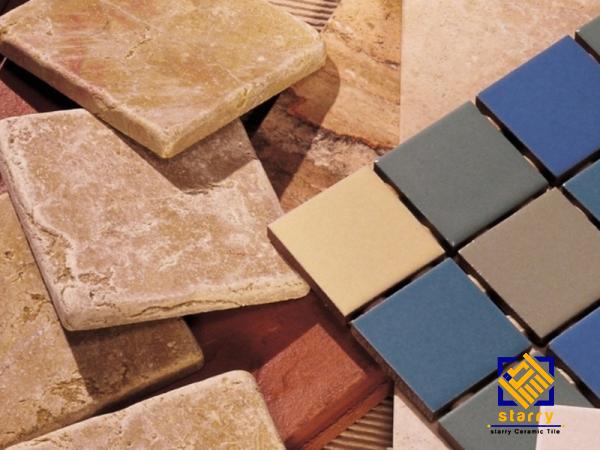 Installation costs will depend on the size and complexity of the project, along with any additional materials required. It is essential to work with professional installers who have experience working with flexible ceramic tiles to ensure a flawless installation. Conclusion: Flexible ceramic tiles provide a practical and visually appealing flooring option for both residential and commercial spaces. By assessing your specific requirements, considering the material, size, and thickness, as well as understanding the pricing factors, you can make an informed decision when purchasing flexible ceramic tiles. Remember to thoroughly research suppliers to ensure the best quality and price. With careful planning and consideration, you can create a beautiful and durable flooring solution that enhances the overall aesthetics of your space.
Installation costs will depend on the size and complexity of the project, along with any additional materials required. It is essential to work with professional installers who have experience working with flexible ceramic tiles to ensure a flawless installation. Conclusion: Flexible ceramic tiles provide a practical and visually appealing flooring option for both residential and commercial spaces. By assessing your specific requirements, considering the material, size, and thickness, as well as understanding the pricing factors, you can make an informed decision when purchasing flexible ceramic tiles. Remember to thoroughly research suppliers to ensure the best quality and price. With careful planning and consideration, you can create a beautiful and durable flooring solution that enhances the overall aesthetics of your space.
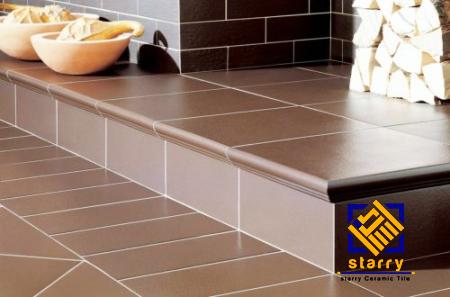
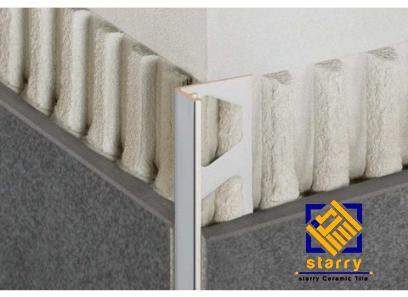
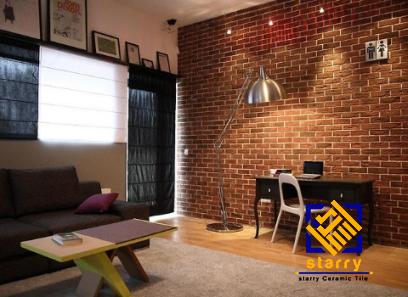

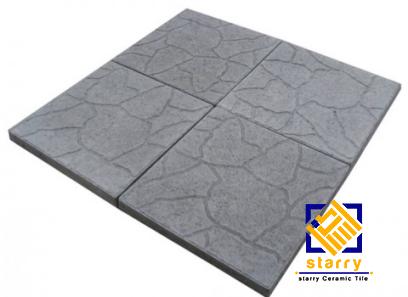




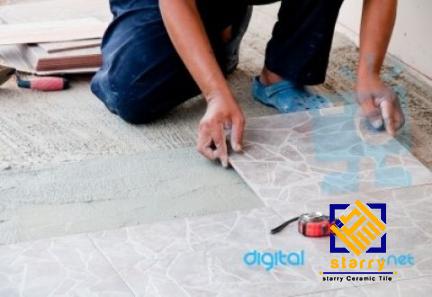
Your comment submitted.